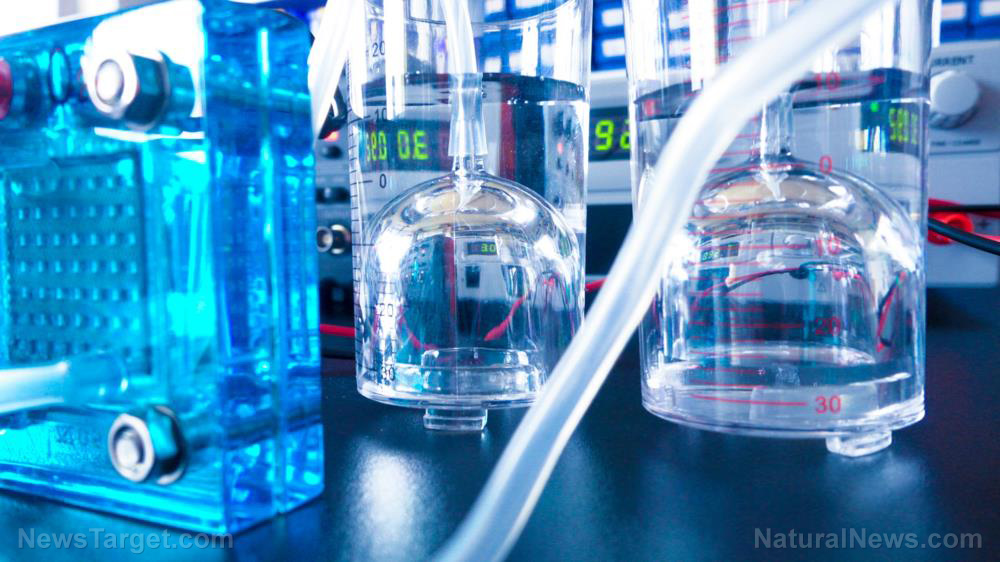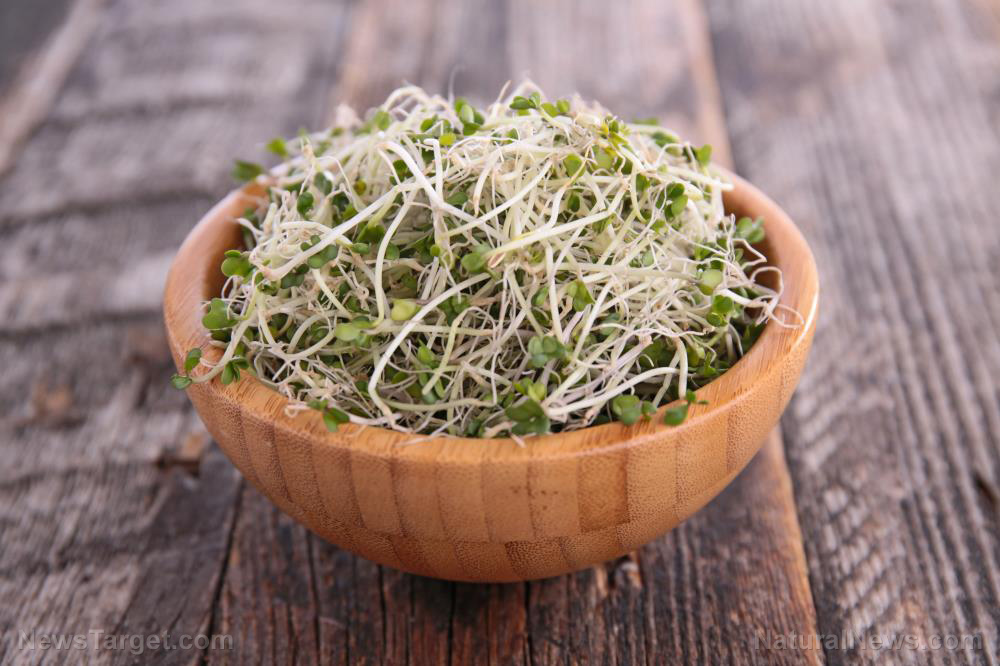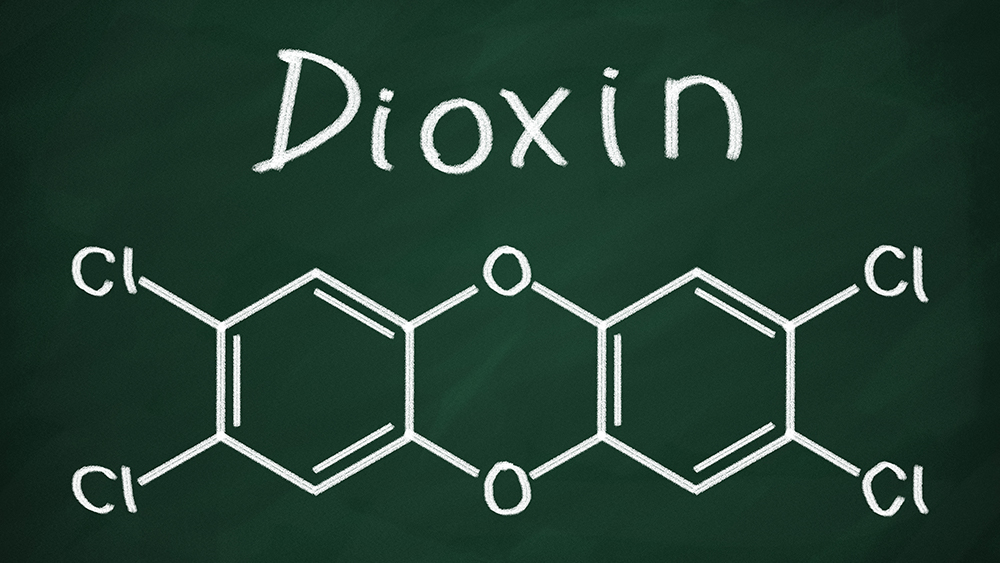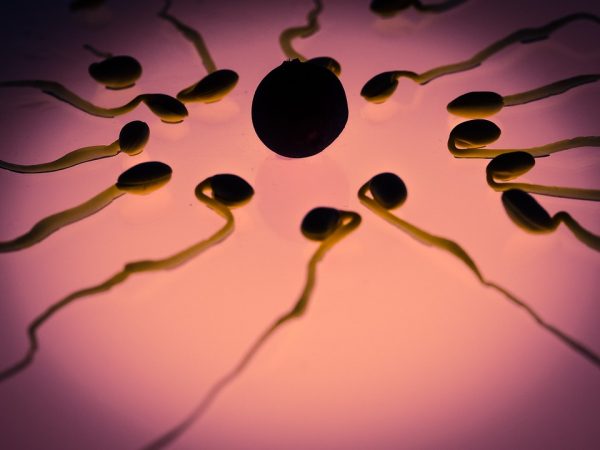 Parler
Parler Gab
Gab
RMIT's hydrogen production method produces no toxic chlorine byproducts
Lead researcher Dr. Nasir Mahmood, a vice chancellor senior research fellow at RMIT, says traditional "green" hydrogen fuel production methods are costly and often rely on freshly desalinated water. The process is both expensive and time consuming, which is a deterrent for industry. "We know hydrogen has immense potential as a clean energy source, particularly for the many industries that can’t easily switch over to be powered by renewables," Mahmood is quoted as saying. "But to be truly sustainable, the hydrogen we use must be 100% carbon-free across the entire production life cycle and must not cut into the world's precious freshwater reserves." Mahmood would go on in a statement to explain how his team's method of creating hydrogen fuel straight from seawater is both scalable and far more cost-effective than any other green hydrogen approach currently in the market. "With further development, we hope this could advance the establishment of a thriving green hydrogen industry in Australia," he added. The lab-scale study, which was published in the Wiley journal Small, explains that a provisional patent application was recently filed for the new method. According to an announcement, what makes this new process unique is that it does not produce any chlorine as a byproduct – meaning no possibility for chlorine pollution and the potential creation of dioxins from the incineration of that chlorine pollution. "The biggest hurdle with using seawater is the chlorine, which can be produced as a by-product," Mahmood said. "If we were to meet the world's hydrogen needs without solving this issue first, we'd produce 240 million tons per year of chlorine each year – which is three to four times what the world needs in chlorine. There's no point replacing hydrogen made by fossil fuels with hydrogen production that could be damaging our environment in a different way." "Our process not only omits carbon dioxide, but also has no chlorine production." Instead of using traditional electrolyzers to split water into hydrogen and CO2, the Mahmood team's method uses a special catalyst that requires minimal energy to run and works at room temperature. Most other seawater splitting methods are complex and difficult to scale, but not this one. "Our approach focused on changing the internal chemistry of the catalysts through a simple method, which makes them relatively easy to produce at large-scale so they can be readily synthesized at industrial scales," said PhD candidate Suraj Loomba. More related news can be found at EnergySupply.news. Sources for this article include: RMIT.edu.au NaturalNews.comJust how amazing are bees? Without them, humans are in trouble
By Olivia Cook // Share
30-foot-long secret corridor discovered in Great Pyramid of Giza
By Kevin Hughes // Share
Humans created bows and arrows in Europe 54,000 years ago, new archaeological study reveals
By Kevin Hughes // Share
Chlorine dioxide found to destroy DIOXINS in pulp/paper mass
By Lance D Johnson // Share
Sperm counts rapidly declining on all continents, meta-analysis finds
By Lance D Johnson // Share
Governments continue to obscure COVID-19 vaccine data amid rising concerns over excess deaths
By patricklewis // Share
Tech giant Microsoft backs EXTINCTION with its support of carbon capture programs
By ramontomeydw // Share
Germany to resume arms exports to Israel despite repeated ceasefire violations
By isabelle // Share










